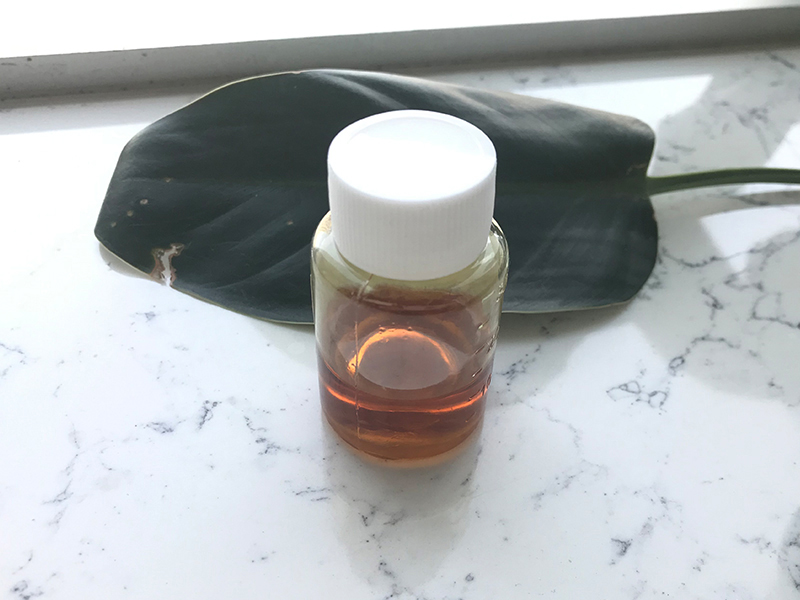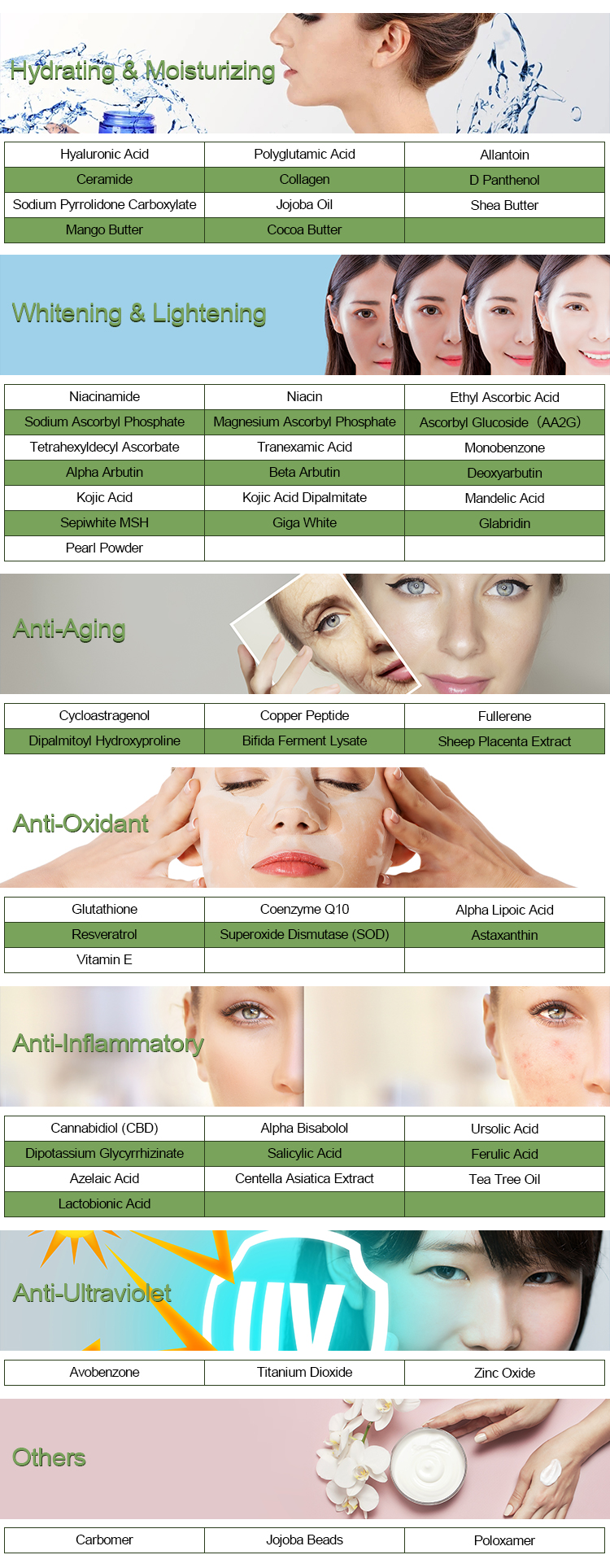As of my last update in September 2021, Bakuchiol oil is a plant-derived ingredient often used in skincare products as a natural alternative to retinol. It gained popularity due to its potential anti-aging and skin-rejuvenating properties.
When it comes to comparing Bakuchiol oil with other skincare ingredients like retinol, there are several factors to consider:

Efficacy: Bakuchiol has been shown to have some similar effects to retinol, such as improving the appearance of fine lines and wrinkles and promoting collagen production. While research on Bakuchiol’s efficacy is promising, it’s essential to note that it may not be as potent as retinol. Some individuals with more severe skin concerns might still benefit more from retinol-based products.
Sensitivity and Irritation: One significant advantage of Bakuchiol is that it is generally considered to be better tolerated by individuals with sensitive skin compared to retinol. Retinol can often cause irritation, redness, and peeling, especially during the initial stages of use. Bakuchiol, on the other hand, is known to be gentler on the skin.
Sun Sensitivity: Retinol can increase the skin’s sensitivity to sunlight, making it crucial to use it in the evening and wear sunscreen during the day. Bakuchiol, however, does not appear to cause the same level of sun sensitivity.
Pregnancy and Breastfeeding: Retinol is not recommended for use during pregnancy and breastfeeding due to potential risks. Bakuchiol, being a natural plant-derived ingredient, might be a safer alternative for those who are pregnant or nursing.
Stability: Retinol is known to be sensitive to light and air, which can degrade its effectiveness over time. Bakuchiol is believed to be more stable in formulations, making it potentially more reliable in certain product types.
As with any skincare ingredient, individual results and experiences may vary, and it’s always a good idea to consult with a dermatologist or skincare professional to determine the best products for your specific skin needs and concerns.
Please note that the field of skincare and cosmetic ingredients is continually evolving, and new research may have emerged since my last update. To get the most current information, I recommend checking reliable sources or consulting with a skincare expert.
How can Bakuchiol Oil be used for best results?
Bakuchiol oil is a plant-based, natural alternative to retinol, known for its anti-aging and skin-rejuvenating properties. It is derived from the seeds of the babchi plant and has gained popularity in skincare routines due to its efficacy and gentle nature. To get the best results from using Bakuchiol oil, follow these guidelines:

Patch Test: Before incorporating Bakuchiol oil into your skincare routine, perform a patch test. Apply a small amount of the oil to a small area of your skin and wait 24 hours to check for any adverse reactions or sensitivity.
Start Slowly: If you have never used Bakuchiol before or have sensitive skin, start with a lower concentration of Bakuchiol oil. Begin by using it once or twice a week and gradually increase the frequency as your skin adjusts.
Nighttime Use: It’s generally recommended to use Bakuchiol oil at night since it can increase skin sensitivity to the sun. Using it in the evening allows your skin to benefit from its properties while minimizing potential sun sensitivity during the day.
Cleanse and Tone: Start with clean, dry skin. Use a gentle cleanser and toner to remove dirt, makeup, and other impurities before applying Bakuchiol oil.
Apply a Few Drops: Bakuchiol oil is potent, and a little goes a long way. Use a few drops (2-3 drops) and warm the oil between your palms before gently patting it onto your face.
Follow with Moisturizer: After applying Bakuchiol oil, follow it up with a nourishing moisturizer to lock in the benefits and keep your skin hydrated.
Sunscreen during the day: Since Bakuchiol can increase sensitivity to the sun, it’s essential to wear broad-spectrum sunscreen with at least SPF 30 during the day to protect your skin from UV rays.
Avoid Mixing with Active Ingredients: Bakuchiol may not play well with certain active ingredients, such as alpha hydroxy acids (AHAs) or beta hydroxy acids (BHAs). Avoid using these products simultaneously to prevent potential irritation.
Be Patient: Like most skincare products, results may take time. Consistent use over several weeks is typically needed to see visible improvements in the appearance of fine lines, wrinkles, and overall skin texture.
Consult a Dermatologist: If you have specific skin concerns or conditions, it’s always a good idea to consult a dermatologist before incorporating Bakuchiol oil into your routine.
Remember, everyone’s skin is unique, so what works for one person may not work the same way for another. Pay attention to your skin’s response and adjust your usage accordingly for the best results.
